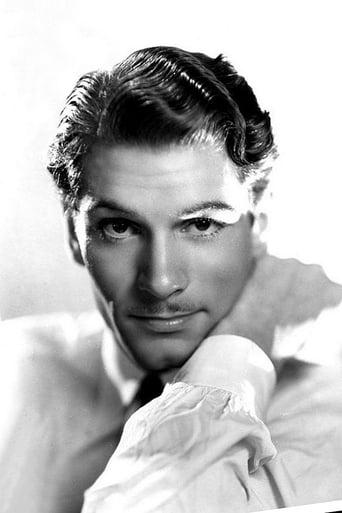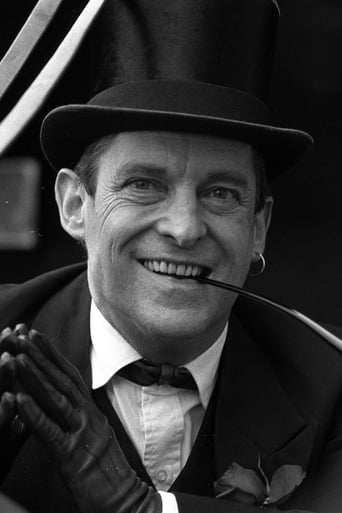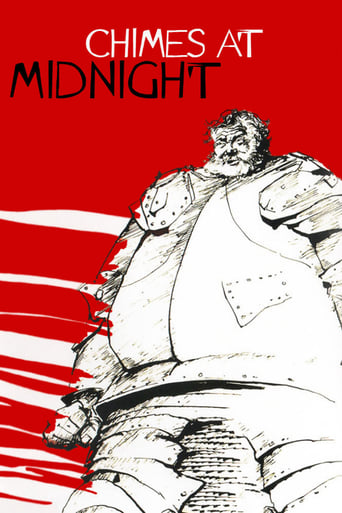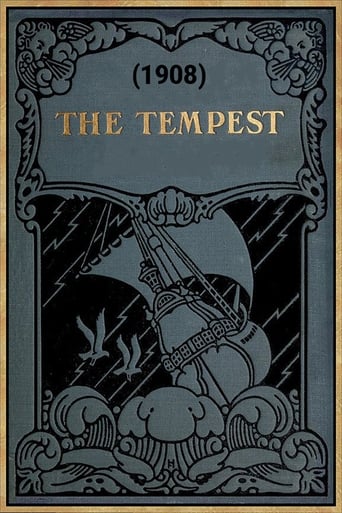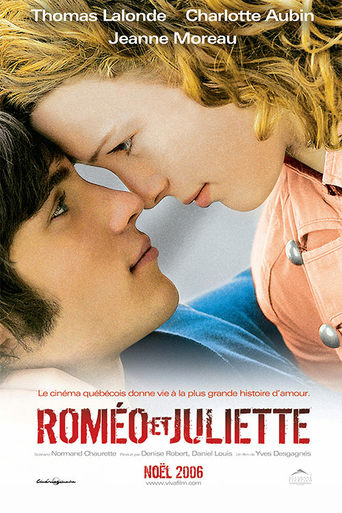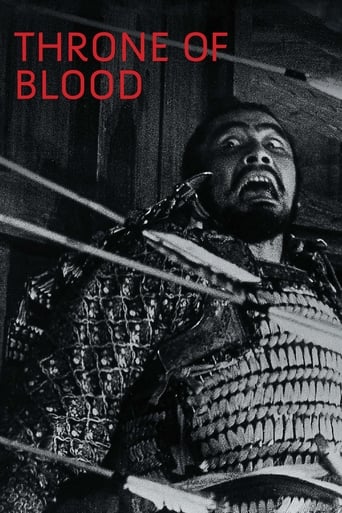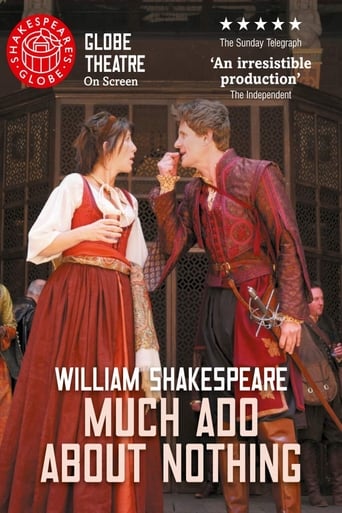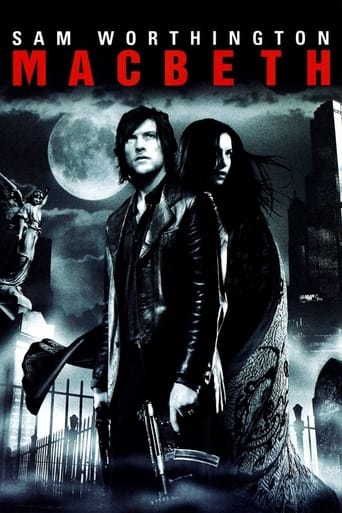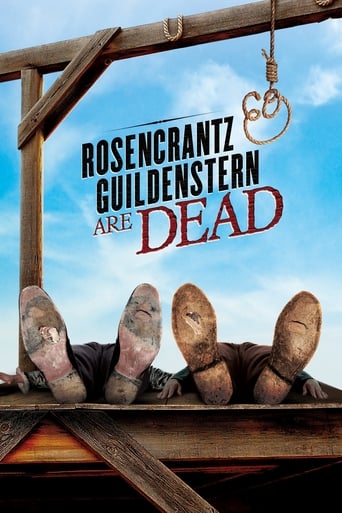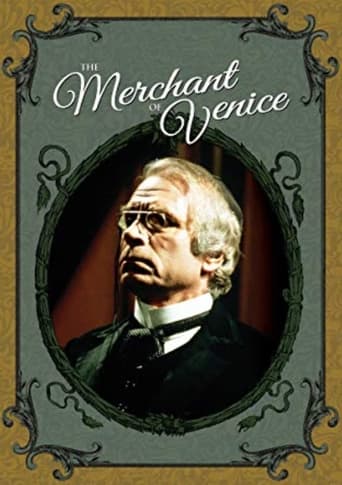

The Merchant of Venice (1973)
An Edwardian take on the Shakespeare play starring Laurence Olivier.
Watch Trailer
Cast


Similar titles
Reviews
This production of The Merchant of Venice is set in Victorian times, which rather works against the play in some part. The Victorians were far more subtle in their anti-Semitism than the Elizabethans and it just strikes a false note to see it so openly expressed before a Jew by these Victorian gentlemen.Much of the text is there, which is a relief as so many producers think they know better than Shakespeare how to put a play together, although Miller does omit some lines. For instance we don't hear Shylock loudly lamenting his daughter and his ducats, first with 'O my daughter' then 'O my ducats' and switching between the two with the ducats gradually winning out in this tussle between his losses. It's a marvelous moment and, apart from its comic qualities, is very revealing of the avarice at the heart of Shylock.I think Miller left it out because he didn't want people laughing at Shylock too much. But this is after all a comedy rather than a tragedy and it is owing to Shakespeare's genius that we can both laugh at and sympathize with Shylock at different moments of the play. In fact Miller inserts himself too much into this play, especially where Jessica, Shylock's daughter, is concerned. With no justification at all he shows her as becoming discontent with her match with Lorenzo, brooding and regretful. This darkens the close of the play unnecessarily.Miller should have let the play speak for itself without tromping through it in heavy boots to impose a modern sensibility on the actors. It's a shame because those actors are excellent in their roles. This could have been a far better production if Miller had just kept his ego in check a little, but he finds that difficult in most of his productions.It's worth seeing though, as almost every production of Shakespeare is. His words are there and that is really all that counts at the end of the day. BTW at one point Bassanio says to Portia, "Lady, you have bereft me of all words." I know it's the character speaking but for an instant the idea came to my mind of Shakespeare being bereft of words. It was like thinking of the sun not shining or water not being wet. An impossibility!
A chance to see Lord and Lady Olivier in a work of Shakespeare is never to be passed up. Laurence Olivier is the enigmatic Shylock whose interpretation has changed over the century and Joan Plowright whose hand all the young folk in Venice but one seems to want.Of course I came into watching The Merchant Of Venice expecting to see Laurence Oliver doing his patented mittel-Europa accent best known for use in The Boys From Brazil. Instead we got a most cultured Shylock not someone you'd otherwise might think of selling from a pushcart on the Lower East Side.I think Olivier did it this way because Shylock the money lender is trying his best to assimilate into Venetian society as far as he can and still be true to his culture. He only goes so far, daughter Jessica would sooner convert and marry Lorenzo who really is a fortune hunting snake. They are played by Louise Purnell and Malcolm Reid.The main plot however revolves around young Basanio who is Jeremy Brett looking to marry Portia who is the wealthiest young woman around and she's got many suitors. Brett's a nice kid but kind of a spendthrift with his money. He's got an old indulgent friend in Antonio played by Anthony Nicholls who is both a merchant and a moneylender as well in competition with Shylock. He charges a lot less interest and undercuts him in business. That gives Nicholls a lot of pleasure because he doesn't like Jews at all, he's one proud anti-Semite.So Brett needs a backer and Nicholls would like to, but as we would say today he's got a cash flow problem as all his money is tied up with goods at sea in his mercantile business. For past and present slights. Olivier names as his collateral a pound of Nicholls's flesh.For those who've never seen the play these disputes are arbitrated by the Duke Of Venice. And the Duke who is Benjamin Wittrow has a novel interpretation.Over the years as anti-Semitism has become more odious Shylock has become a more sympathetic figure. For centuries he was given the crooked nose, the funny way of speaking and was considered the blackest of villains who gets his in the end. As I said before Shylock is in fact trying to assimilate as best he can, but the people's prejudices are smug and self serving. And his is a natural reaction of a father who doesn't like his daughter's choice of a husband. After all she's marrying a Shegetz in his culture.Even if you're not liking how Olivier sees Shylock he certainly is always interesting and to watch. As this well cast ensemble doing The Merchant Of Venice.
This is one of those Shakespeare productions that makes the language, plot and themes all the clearer because of the exceptional acting and the very intelligent direction. Olivier has, with some justification, earned an outstanding reputation as a Shakespearean actor, and while some of his earlier work is, for me, a bit too theatrical, this is pitch perfect. There is no reason that I can discern for setting this play at the turn of the 20th Century - unlike, for instance, the very clever Ian McKellan/Richard Loncraine production of Richard III, which benefited greatly from a 1930s setting that evoked militarism and the rise of National Socialism - and yet it works well, allowing both a degree of peculiarity that the language requires and a familiarity that helps the story transcend its moment in history.As others have commented, this version of The Merchant of Venice works very well because neither Shylock nor Antonio are wholly good or bad. Of course, it makes sense to us that Shylock is not what he seems to his Christian contemporaries, but neither is he completely free of responsibility for what happens to him. Anthony Nicholls' Antonio is likewise more gray than black or white, and more human for it, although not particularly likable, except perhaps to his immediate circle.The surprise, even though it should not be, is Joan Plowright, who does an exceptional job as Portia. Her young woman, particularly her young woman as a man of the law courts, is outstanding and a little troubling in her zeal. All in all, this is a superior production, and one in which nearly every line is made clear and every theme is explored.
Laurence Olivier's run at the National Theatre included this gem which cast himself as Shylock, with his wife Joan Plowright as Portia. Originally staged in 1970, the cast transferred with ease to this TV version (the only major substitution being Michael Jayston for Derek Jacobi as Gratiano).It moves along quite well and is definitely buoyed up by its starry lead duo. The rejected suitors have a comic aspect which sits well with the 'pound of flesh' seriousness of the remainder. Glad it was recorded for us all to enjoy.


